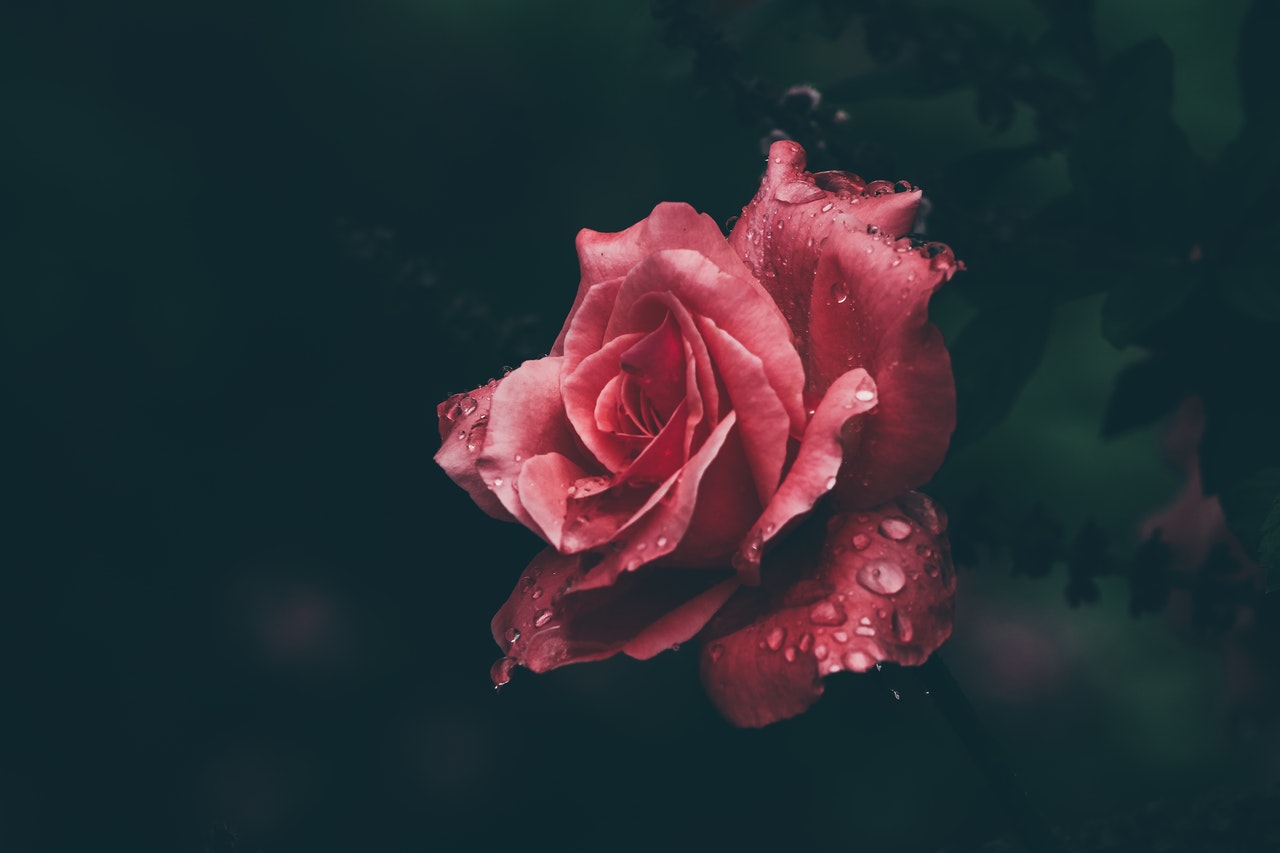Fans of Blythe dolls will not want to give this exhibition a miss. Rather than just buying another $500-900 limited edition doll, why don’t fans just splurge their hard-earned moolah into one of Elaine Roberto-Navas’ paintings of the dolls instead? After all, these artworks are all one-offs, and Roberto-Navas depicts these dolls in a certain likeness never experienced before. Painting them in thick, bold strokes using antipasto, these works engage viewers in a somewhat unsettling way, as we are drawn to its dark, psychological undertones. Roberto-Navas shed some light on her works in this exclusive interview.
Why Blythe, and not other dolls like Barbie?
I chose to paint Blythe because she looks the most human of all dolls. Her eyes have a lot of soul. There’s also a certain vulnerability in her aura. Other dolls, like Barbie or Bratz dolls, have a particular plastered expression on their faces. They don’t transcend their plasticity. I don’t see as much soul in them as I see in Blythe.
What dark underlying themes are you trying to reflect through the dolls?
I think the intrigue for me is having to paint serious portraits of these dolls, trying my best to render them as realistically as possible, as if they were portraits of actual people. It’s a paradox that even though it looks lifelike, it’s not. Secondly, it’s the theme of everyday objects (in this case, the dolls) that can become art. Because of the labor and attention invested in these objects, it becomes a social thing and assumes a transcendental nature far greater than its mere use-value. Thirdly, it’s the concept of the “uncanny” I am intrigued with. I had mixed feelings when I first saw the book on Blythe with all her photographs. I felt it was attractively eerie. What is “uncanny” is frightening to most people precisely because it is not known and familiar. When a thing/object is placed in an unexpected context, to the audience it could mean many things, depending on his/her own circumstances.
Why antipasto?
I like seeing the sensual way the colors blend in to each other to form something understandable, or otherwise.
Are you obsessed with Blythe?
I only paint things that I obsessively like.





